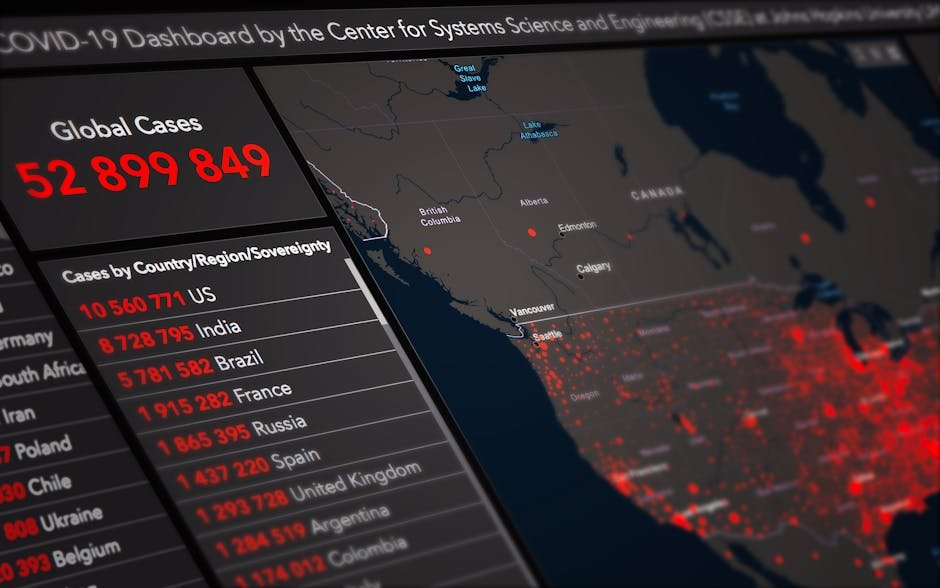Remote Work Booms in 2025: Six-Figure Opportunities and Emerging Trends
Remote work, once a niche concept, has exploded in 2025, transforming the landscape of employment and fueling a surge in high-earning, home-based positions. This shift is driven by technological advancements, evolving workplace expectations, and a global talent pool increasingly seeking flexibility. This article explores the burgeoning market for six-figure remote jobs and analyzes the implications for both workers and employers.
The Rise of the Remote Six-Figure Job
In 2025, several sectors are leading the charge in offering lucrative, remote positions. These include software engineering, data science, finance, healthcare, and marketing. The demand for skilled professionals in these fields remains robust, even as the global economy navigates uncertain waters. This demand is further fueled by the increasing reliance on digital tools and technologies, allowing for seamless remote collaboration. The ease of global communication facilitates the hiring of talent across geographical boundaries, creating a highly competitive market for skilled professionals.
Software Engineering Dominates the Landscape
The software engineering sector continues its reign as a dominant player in the remote six-figure job market. Companies are aggressively competing to attract top talent, offering competitive salaries and benefits packages to secure skilled developers and engineers. This competitive landscape drives salaries upward, creating a highly lucrative environment for remote workers proficient in various programming languages and software development methodologies. The ongoing demand for software development services across diverse industries further solidifies the sector’s leading role.
Data Science: A High-Demand Field
The field of data science has experienced phenomenal growth in 2025, paralleling the increasing importance of data analysis and interpretation in all sectors. Companies across industries are investing heavily in data-driven decision making, driving up the demand for skilled data scientists. These professionals are tasked with extracting insights from complex data sets, developing predictive models, and informing business strategy. This translates into high salaries and significant opportunities for remote professionals. The ability to analyze and interpret massive datasets remotely remains a crucial skill for organizations of all sizes.
Healthcare and Finance Embrace Remote Work
The healthcare and finance industries, traditionally associated with brick-and-mortar offices, have also embraced remote work models in 2025. Telemedicine has revolutionized patient care, allowing healthcare professionals to provide consultations and treatment remotely. This is complemented by the rise of remote administrative roles within healthcare organizations. Similarly, the finance industry has witnessed the expansion of remote financial analysts, investment advisors, and other specialized roles. These jobs often require advanced skills and qualifications, translating into high earning potential.
Financial Analysts Leading Remote Finance Sector
Financial analysts, who can perform extensive data analysis and modeling remotely, are particularly in demand. Their ability to interpret market trends and provide insightful recommendations is crucial for investment firms and financial institutions. These remote roles often involve working with sophisticated software and require a high degree of analytical and problem-solving skills. Strong communication skills are also important for interacting with clients and colleagues virtually.
Marketing and Sales: Adapting to Remote Strategies
The marketing and sales sectors have undergone significant transformations in 2025, with a greater emphasis on digital marketing and online sales strategies. This shift has created opportunities for remote professionals skilled in digital marketing, social media management, and content creation. These professionals play a crucial role in reaching target audiences through online channels and driving sales growth. The demand for individuals proficient in search engine optimization (SEO) and pay-per-click (PPC) advertising has increased considerably.
Digital Marketing Skills in High Demand
The top skills in demand include search engine optimization (SEO), pay-per-click (PPC) advertising, social media marketing, and email marketing. A strong understanding of data analytics and marketing automation tools is also essential for success in these remote roles. Many positions require a combination of creative skills and technical proficiency to manage multiple marketing channels effectively. The ability to track and analyze marketing campaign performance remotely is crucial.
The Future of Remote Work: Challenges and Opportunities
While the trend towards remote, six-figure jobs is positive, challenges remain. Maintaining team cohesion and fostering a strong company culture in a remote environment requires careful planning and innovative strategies. Ensuring equitable access to opportunities for workers in diverse geographical locations and addressing potential concerns about cybersecurity and data privacy are crucial. Moreover, the ongoing evolution of technology continues to shape the skills and qualifications required for success in the remote workforce.
Key Takeaways: Trends Shaping the Remote Work Landscape in 2025
- High Demand for Specialized Skills: Software engineering, data science, and financial analysis remain at the forefront.
- Technological Advancement: Continuous evolution necessitates adaptation and upskilling for remote professionals.
- Global Talent Pool: Companies are increasingly recruiting internationally, creating a competitive market.
- Hybrid Models Emerging: A blend of remote and in-office work is becoming increasingly common.
- Focus on Cybersecurity: Protecting sensitive data and ensuring secure remote access is paramount.
Conclusion: A New Era of Work
The proliferation of six-figure remote work opportunities in 2025 signifies a major shift in the employment landscape. This trend is likely to continue, driven by technological innovation and evolving workforce expectations. However, navigating the associated challenges—maintaining work-life balance, fostering collaboration in virtual teams, and ensuring equitable access to opportunities—will be critical for ensuring the long-term success of this paradigm shift. Adaptability, continuous learning, and a proactive approach will be key for both employers and employees alike to thrive in this rapidly evolving work environment.







